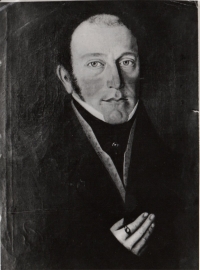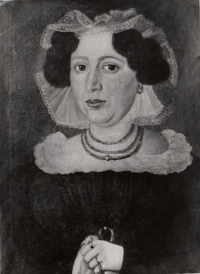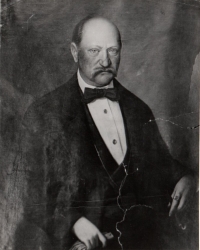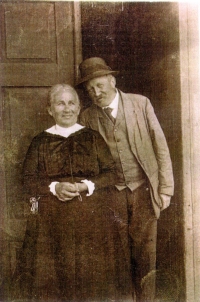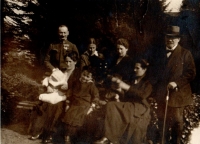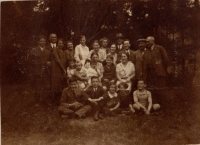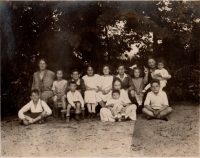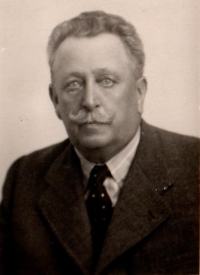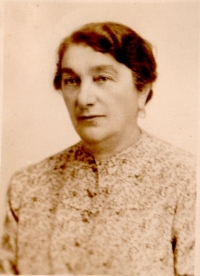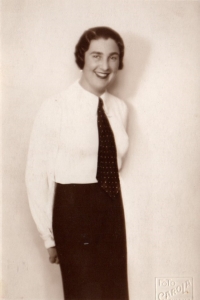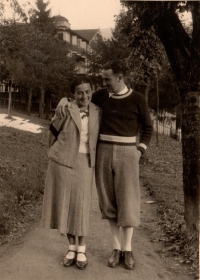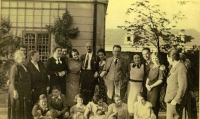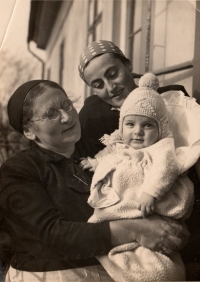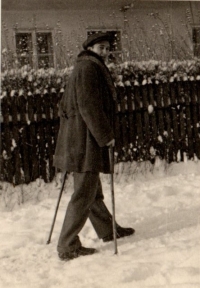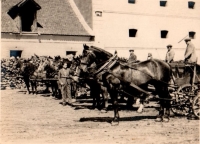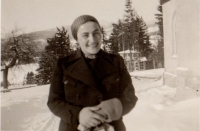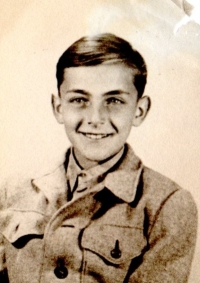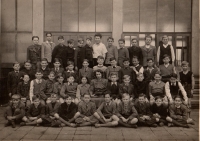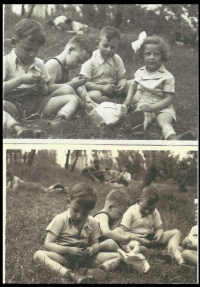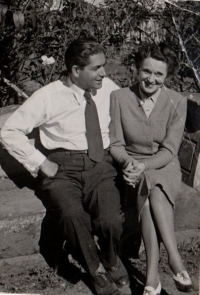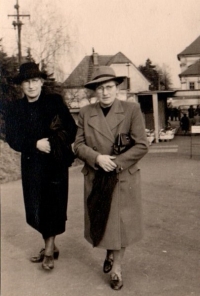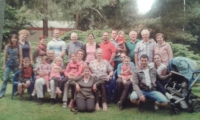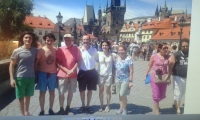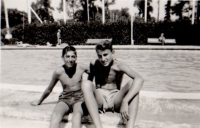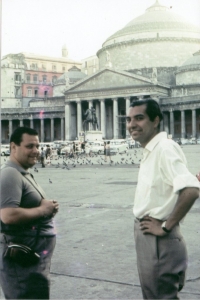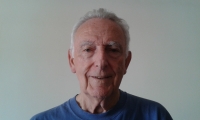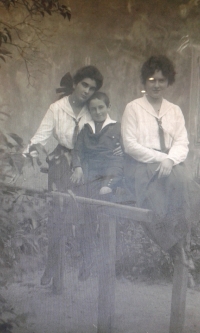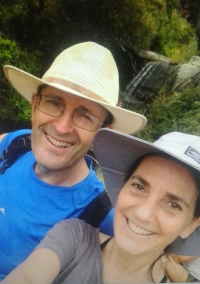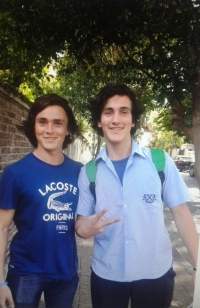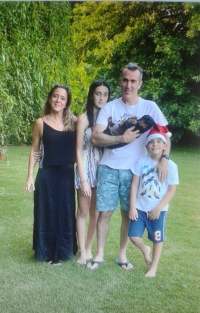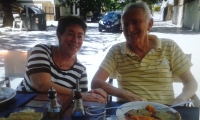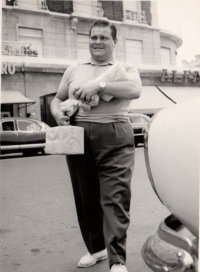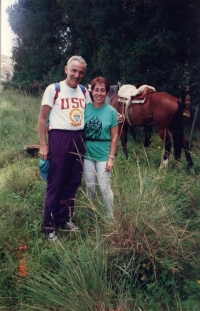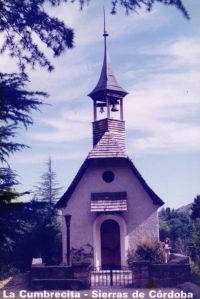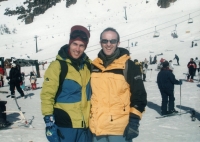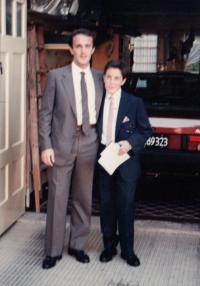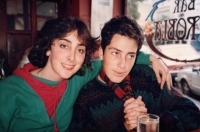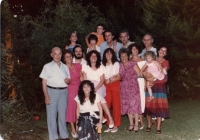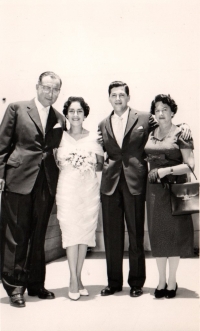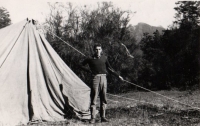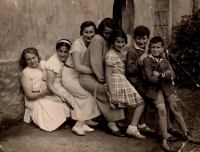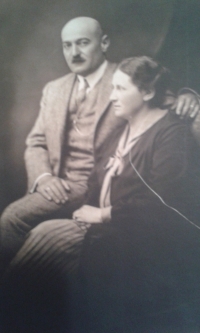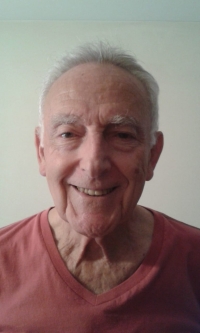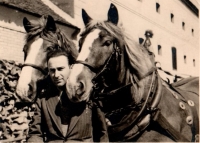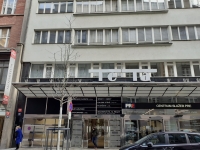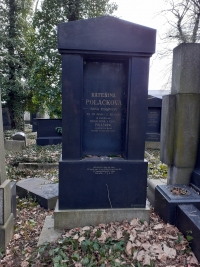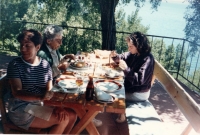Saving me from Communism

Download image
Petr Polacek was born on the 6th of July in 1936 in Prague. Both his parents, Věra and Leoš, came from Jewish families but they themselves identified as Czechs and their attitudes towards religious practice was only lukewarm. They were fully assimilated and the ideas of the Masaryk’s democratic Czechoslovakia fully resonated with them. For two generations, both the families worked in agriculture. The large estates they managed were not owned by them, only rented. During the 1930’s, the threat of Nazism was rising and several members of the family decided to emigrate, mostly to Latin America. Those who stayed were summoned to a traposrt. On the 13th of July in 1942, Petr’s grandpareds on father’s side, Hugo and Mína Poláček, were deported to Terezín and on the 15th of December, to Auschwitz where they were murdered. Petr and his parents were deported to Terezín on the 19th of November in 1942. At first, he was staying in the Kinderheim [Children’s house], later he was allowed to live with his mother. Petr and his mom managed to survive because they worked in agriculture and the family was protected to an extent from the deportations to the extermination camps. His father did not survive, though, in October 1944, he did not escape the deportation to Auschwitz. His mother managed the rented estate after WWII. Petr joined the school in Prague in the 4th grade, he was a diligent pupil and soon, he managed to catch up. The opolitical changes and most of all, the February 1948 Communist coup d’état hastened their decision and in November 1948, he and his mother moved to their relatives to Argentina. In Buenos Aires, Petr soon learned Spanish, studied at a technical university and became a construction engineer and for all his life, he worked in all sorts of technical professions. Petr Polacek has three children. In 1998, he took them to Prague for the first time to show them where he lived during his childhood. His mother never saw her Czech homeland again, she lived almost to a hundred years and she died in 2009 in Buenos Aires.
